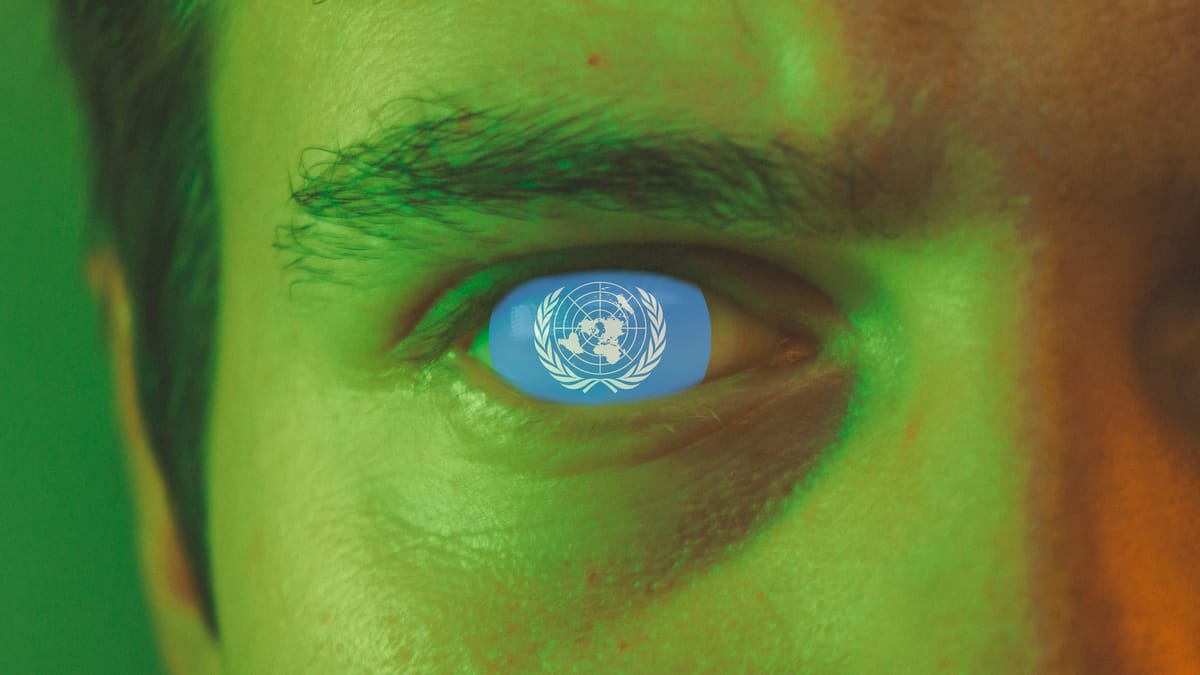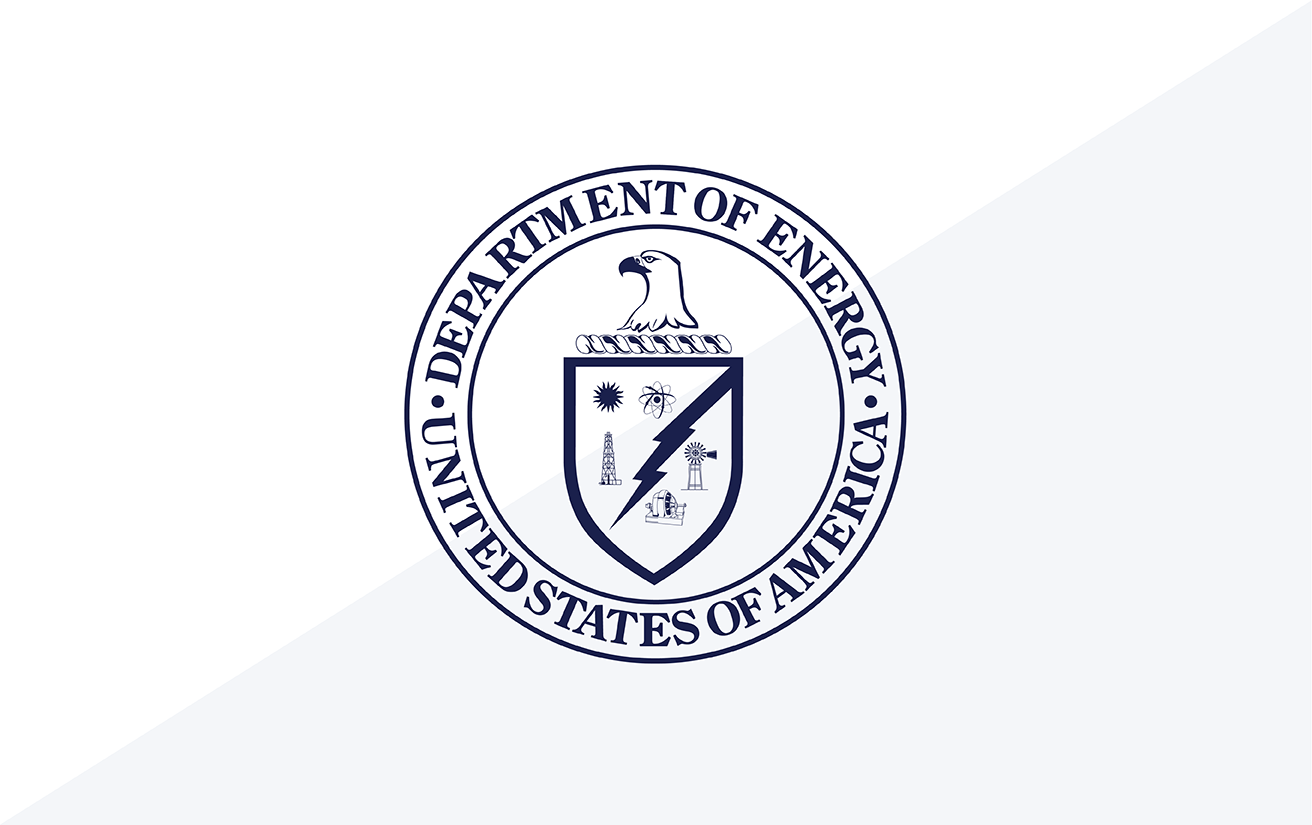
UN Cybercrime Convention To Overrule Bank Secrecy
The finalized UN Cybercrime Convention would overrule bank secrecy while criminalizing hacking, whistleblowing and security research.
On Friday, the UN finalized the draft version of the UN Cybercrime Convention. The treaty, first proposed by Russia and China in 2017, aims to strengthen "international cooperation for combating certain crimes committed by means of information and communications technology systems and for the sharing of evidence in electronic form of serious crimes".
The UN Cybercrime Convention drastically expands government surveillance powers and enables widespread personal data sharing between UN member states. It mandates member states to formalize money laundering offenses and cybercrimes to an extent that would criminalize hacking, whistleblowing, and security research.
While establishing a basis for "mutual legal assistance", assistance may be denied "if the authorities of the requested State Party would be prohibited by its domestic law from carrying out the action requested with regard to any similar offence, had it been subject to investigation, prosecution or judicial proceedings under their own jurisdiction".











